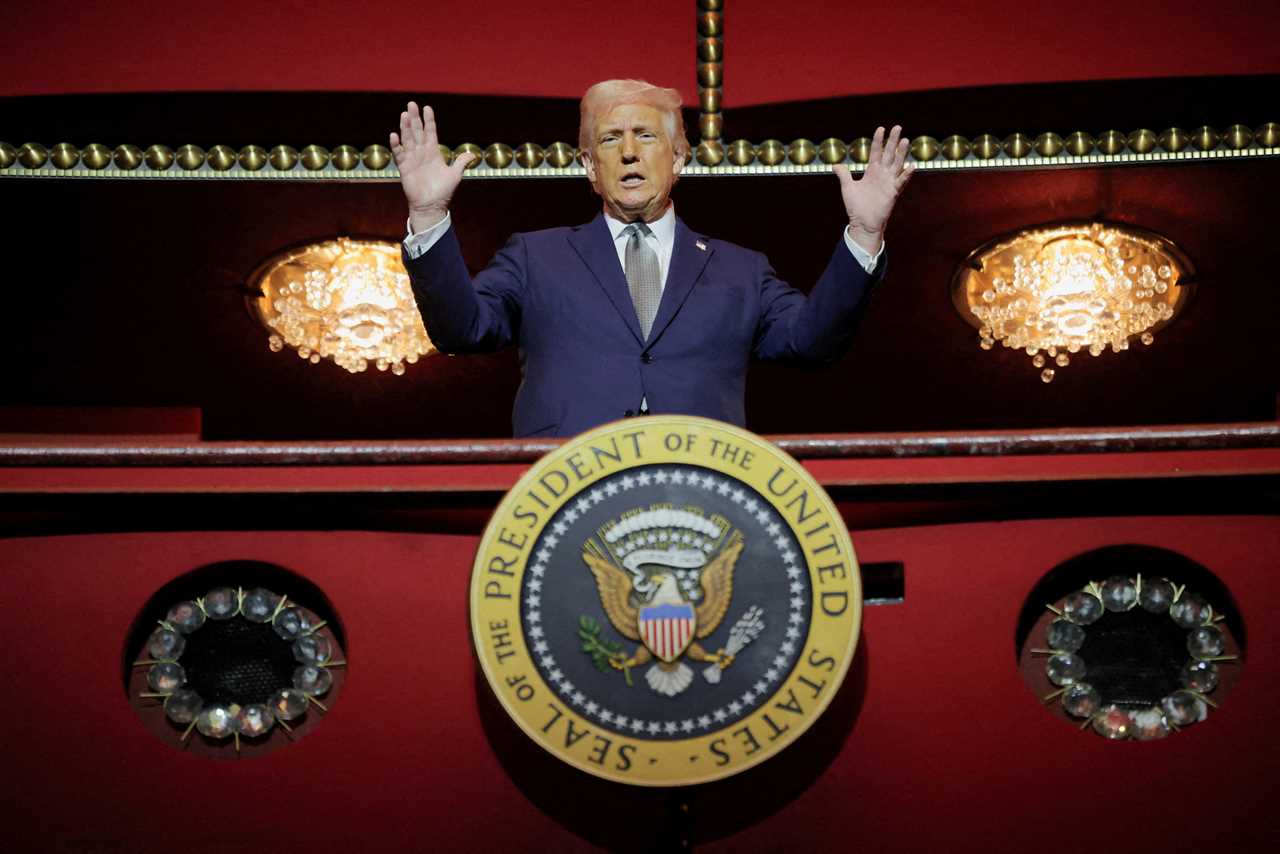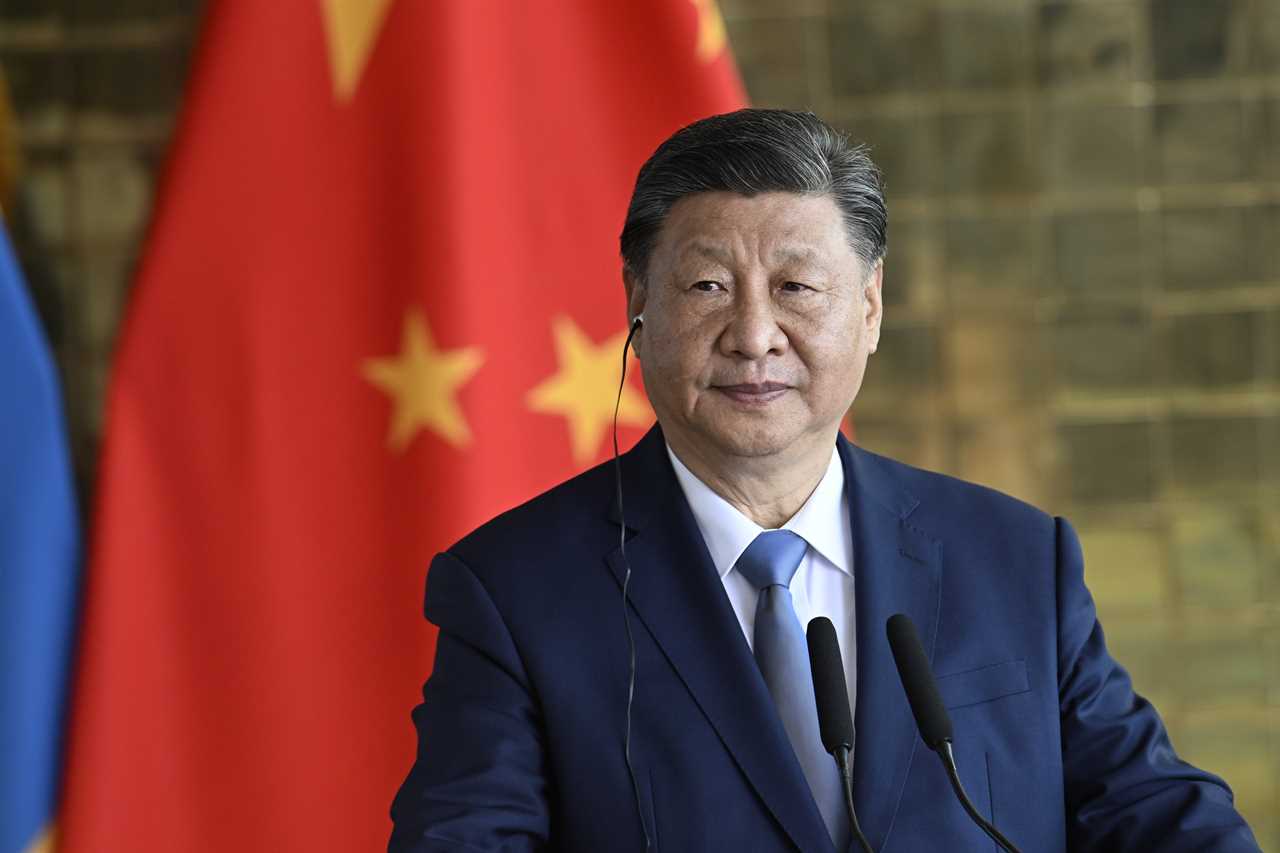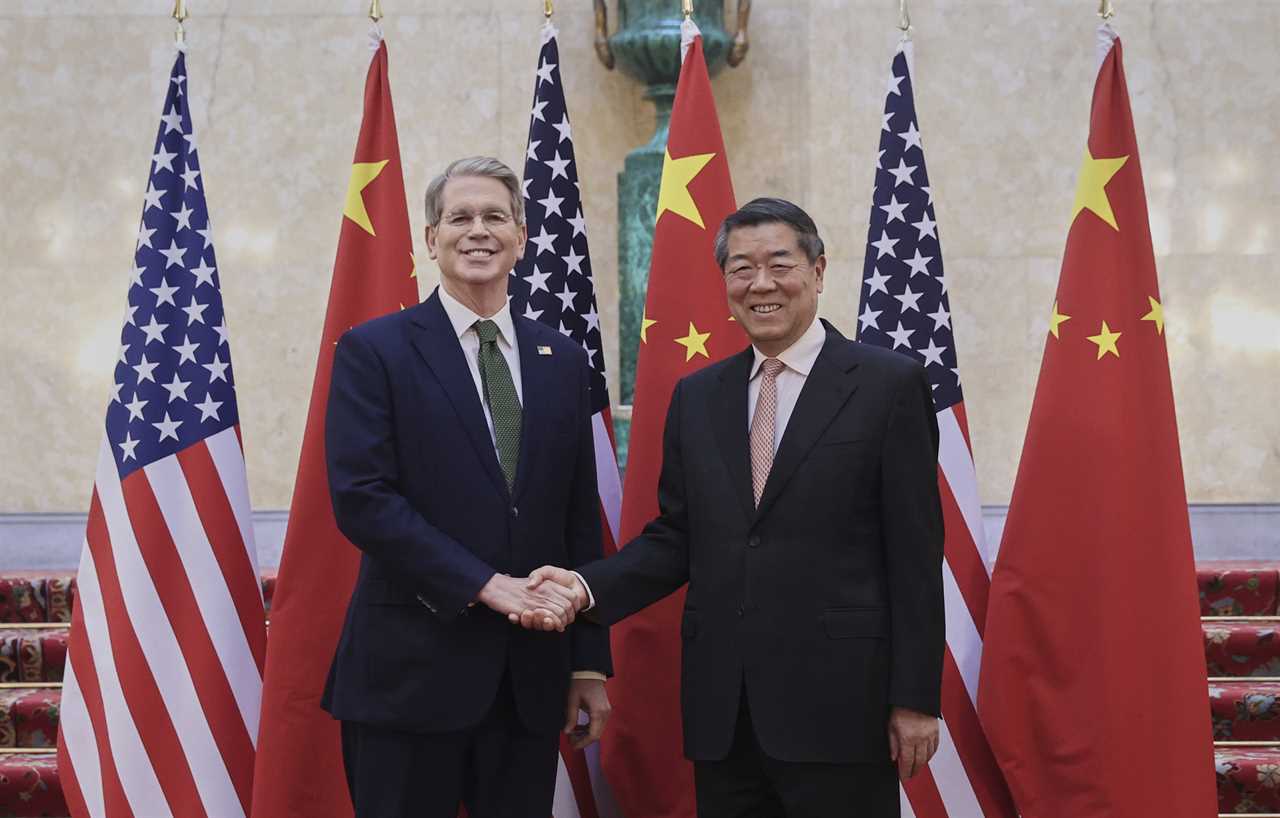
In a significant turn of events, Donald Trump has announced the conclusion of the trade war with China, marking a pivotal moment in global economic relations. The recent negotiations between the two countries have culminated in what Trump describes as an "excellent" outcome, signalling a potential resolution to months of escalating tensions over tariffs.
The broader implications:
The recent developments between the US and China hold profound implications for the global economic landscape. The tit-for-tat tariff disputes have not only strained relations between the world's two largest economies but have also reverberated across international markets, impacting industries, consumers, and geopolitical dynamics.
As discussions have progressed, contentious issues such as trade imbalances, intellectual property rights, and market access have come to the forefront, underscoring the complex web of economic interdependence between the US and China.
Shifting power dynamics:
The fluctuating dynamics of the US-China trade dispute reveal deeper power struggles and strategic manoeuvring on both sides. The negotiation process has been marked by a delicate balance of interests, with each party seeking to assert its economic priorities while navigating the intricacies of a deeply interconnected global economy.

While Trump's emphasis on protecting American jobs and industries has been a central theme, China's response has underscored its own economic aspirations and desire for equitable trade relations. The evolving nature of these negotiations reflects the broader geopolitical shifts shaping the international order.
Complexities of trade policy:
Amidst the rhetoric of tariff escalations and trade balances, the intricacies of trade policy come to the fore. The nuances of import-export dynamics, supply chains, and market regulations play a pivotal role in shaping the outcomes of trade negotiations, highlighting the multifaceted nature of economic diplomacy.
As the US and China navigate the intricacies of their trade relationship, questions of market access, regulatory frameworks, and technological cooperation remain crucial factors in determining the sustainability and equity of their economic ties.
Looking ahead:
As the US-China trade dispute inches towards a resolution, the path ahead remains uncertain yet brimming with possibilities. The intricate dance of negotiations, agreements, and policy adjustments will continue to shape the future of global trade and economic stability, underscoring the need for nuanced approaches and collaborative solutions in an interconnected world.

Ultimately, the resolution of the US-China trade conflict transcends individual agreements and tariffs, reflecting broader shifts in global economic governance and the imperative of fostering sustainable, mutually beneficial trade relationships in an era of profound interconnectedness.
Did you miss our previous article...
https://trendinginthenews.com/uk-politics/rachel-reeves-pledges-transformation-in-asylum-policies-with-11-billion-defence-boost






